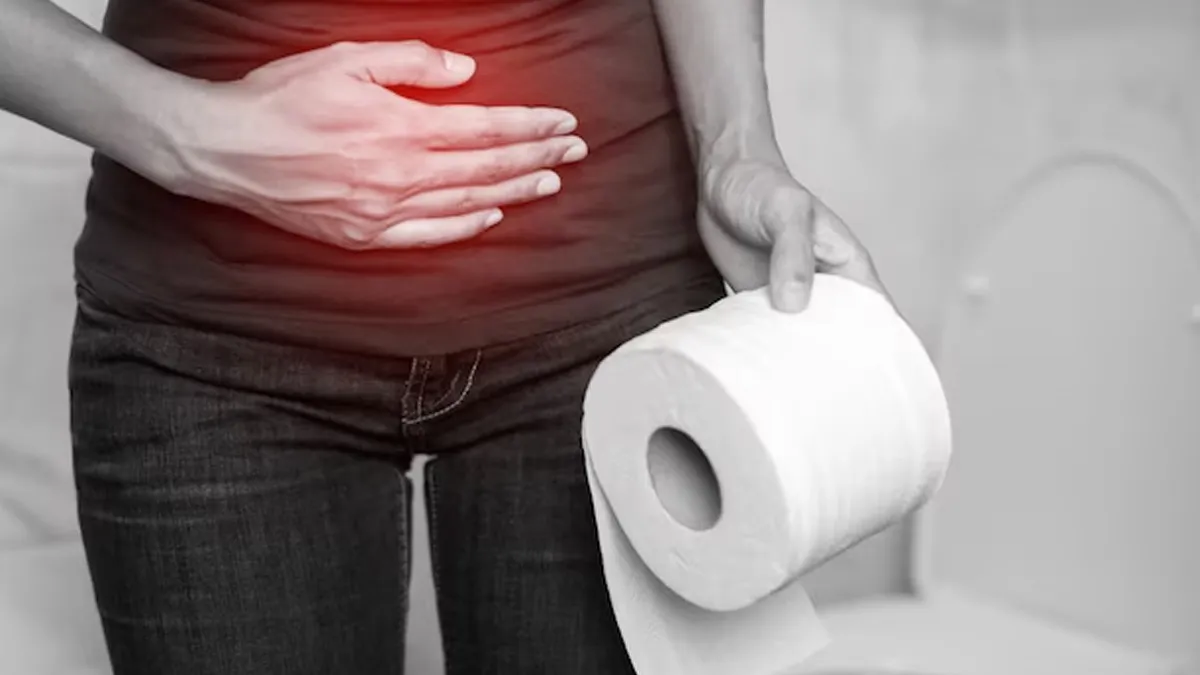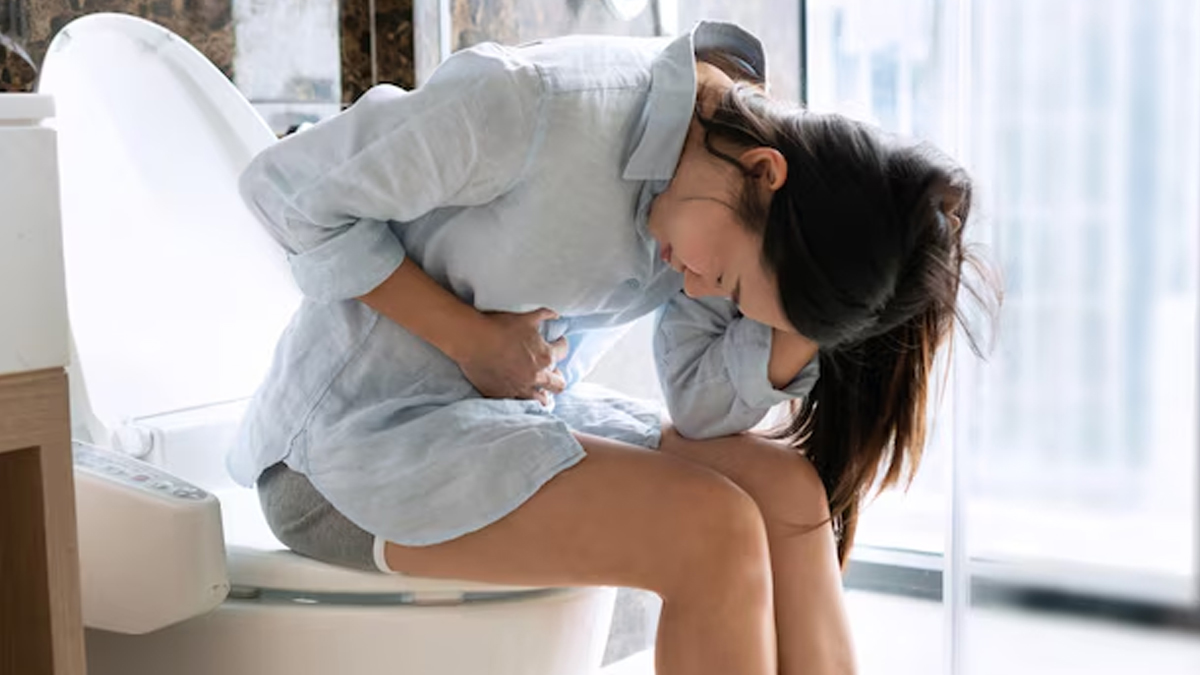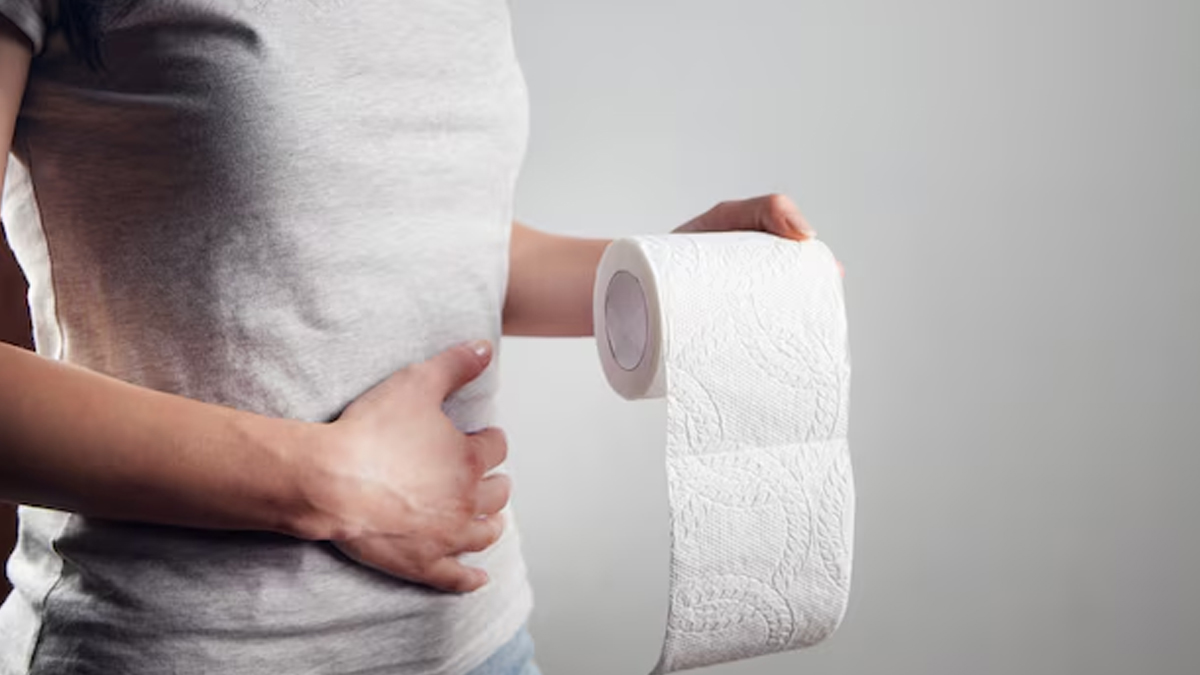
Monsoon has officially arrived, and we can’t thank it enough for toning down the heat. However, this season is also infamous for posing various health risks, and gastrointestinal issues like diarrhoea are one of them.
Table of Content:-
Diarrhoea is a condition characterised by frequent, loose, or watery stools, typically more than three times a day or more often than is normal for an individual. It's often a symptom of an infection in the intestinal tract but can also be caused by other factors like food intolerances, digestive problems, or medication side effects.
But why does diarrhoea become more common during the rainy season? We asked an expert to share the reason and list preventive measures – here's what he shared with us.
Also Read: Gastroenterologist Reveals Foods To Avoid For Bloating, Constipation, And Diarrhoea
Monsoon Season And Increased Diarrhoea Cases: What Is The Link?

Dr Hiran S. Reddy, Consultant Physician, Diabetologist and Critical Care Specialist, Gleneagles Hospital, Lakdi-ka-pul, Hyderabad, said, "The monsoon season creates an ideal environment for the spread of diarrhoeal diseases. Due to heavy rainfall and water stagnation, there's a higher risk of contamination in water sources and food supplies. Flooding often leads to sewage mixing with drinking water, increasing the transmission of waterborne pathogens such as E. coli, Salmonella, Rotavirus, and Giardia."
Additionally, humidity and poor sanitation create breeding grounds for bacteria and parasites, raising the likelihood of gastrointestinal infections.
A 2020 review of 111 studies supports the idea that rain can both increase or reduce the risk of diarrhoeal illness, depending on prior weather conditions. Heavy rain after dry periods can flush pathogens into water sources, raising infection risk.
In contrast, rain after wet spells may dilute these pathogens, potentially lowering the risk. Bacterial and parasitic diarrhoeas are more common in rainy seasons, while rotavirus is linked to dry ones.
Contaminated Water And Food Risk During Monsoon

Contaminated water and improperly handled or stored food are the primary sources for diarrhoea-causing pathogens, according to Dr Reddy. He said, "When people consume water or food tainted with faecal matter, bacteria, viruses, or parasites enter the digestive tract and disrupt normal gut function. These pathogens damage the intestinal lining, interfere with nutrient absorption, and trigger inflammation, leading to loose stools, dehydration, and cramping.
Raw or street food, cut fruits exposed to the environment, and unwashed vegetables are particularly risky during monsoon months.
Also Read: Can Diarrhoea Be A Sign Of Flu? How To Manage The Conditions
Precautions To Take
Here are some measures to take during the monsoon season to prevent gastrointestinal infections and illnesses that cause diarrhoea.
- Drink only boiled or filtered water; avoid untreated water from taps or roadside vendors.
- Eat freshly cooked food; steer clear of raw salads or street food.
- Wash hands thoroughly before meals and after using the restroom.
- Store food hygienically to avoid spoilage due to moisture.
- Wash fruits and vegetables with clean water before consumption.
- If eating out, choose establishments with good hygiene practices.
- Maintaining personal and kitchen hygiene is vital to breaking the cycle of infection during this season.
Who Should Be More Careful?

Children under five years and elderly individuals (above 60) are the most vulnerable. Their immune systems are either underdeveloped or weakened, making it harder for their bodies to fight off infections.
Additionally, infants and toddlers can dehydrate rapidly due to fluid loss, which can escalate into a medical emergency if not managed promptly. Individuals with pre-existing gastrointestinal conditions or compromised immunity are also at higher risk.
When To Seek Medical Attention For Diarrhoea?
While most mild diarrhoeal cases resolve on their own with rest and hydration, immediate medical attention is needed if the following symptoms appear:
- Persistent diarrhoea lasting more than 2-3 days
- Blood or mucus in stools
- High fever (above 101°F or 38.5°C)
- Signs of dehydration, such as dry mouth, sunken eyes, reduced urine output, or dizziness
- Severe abdominal pain or vomiting
Conclusion
While the monsoon brings much-needed relief from the heat, it also increases the risk of infections that cause diarrhoea. This is particularly due to water contamination and poor sanitation.
Staying mindful of hygiene, drinking safe water, and eating freshly prepared food can go a long way in preventing gastrointestinal illnesses. If symptoms worsen or persist, it’s important to seek timely medical attention, especially for vulnerable groups like children and the elderly.
Also watch this video
How we keep this article up to date:
We work with experts and keep a close eye on the latest in health and wellness. Whenever there is a new research or helpful information, we update our articles with accurate and useful advice.
Current Version